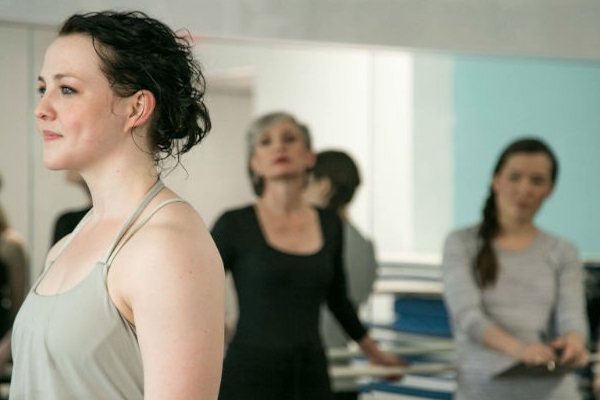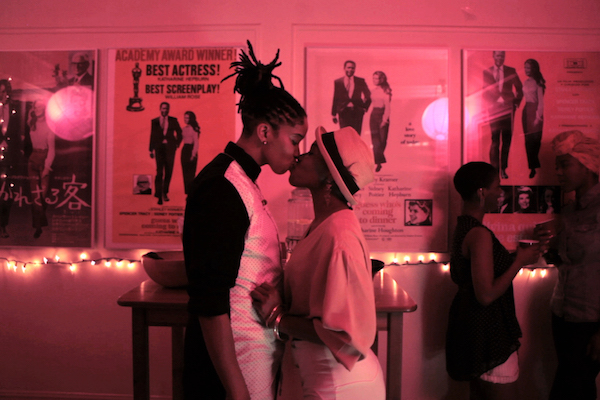

The father of our protagonist, Kristina, dies when she is just a child. Her eccentric and off-kilter mother has Kristina kiss her father’s embalmed corpse goodnight, a ritual that persists for years until Kristina is whisked away by the chancellor so she can take her seat on the throne.
It is 1644 in Sweden and Protestant Christianity informs all decisions, including the Queen’s, at first. Sweden is “a country of miners and lumberjacks, of peasants and soldiers” and, according to Kristina, “ignorance and illiteracy are rampant in the lower classes [which] scorn scholars.”
She seeks to change that attitude, to “welcome the finest thinkers and those banned for their ideas.” She proclaims to her court, “Let us become curious and make Stockholm the new Athens!” perhaps prompting viewers to recall the presence of homosexuality in ancient Greece.
Kristina takes a special liking to reading the French philosopher, Descartes, whose ideas inspire her but trouble her Protestant court. “To obtain the truth in life,” says Descartes, “we must discard all the ideas we were taught and reconstruct the entire system of our knowledge,” a belief that becomes the main thread of the film. The quote calls to mind the efforts, especially by those within the queer community, to be aware of societal conditioning, mostly so we aren’t caught narrowing our mental universe, thinking in terms of what is considered normal and what is not.
Shortly after Kristina assumes the throne, a man of her court introduces her to his fiancée, Countess Ebba Sparre. Kristina is struck by Ebba’s beauty and appoints her to the position of her lady-in-waiting. Kristina is conflicted by her growing love for Ebba and writes to Descartes asking him how one can “get rid of this feeling.” He encourages Kristina to allow herself to love, and so she does.
The men in Kristina’s life struggle more with her masculine presentation and romantic and sexual interest in Ebba more than Kristina ever seems to. She receives a gift of numerous, opulent dresses, because, as she is told, she has been neglecting “the feminine things that please.” “Please who?!” she quips. She gives a dress to Ebba and then demands that Ebba change into it in front of her.
At times the severity in the characters’ expression seems affected almost to the point of being humorous, and the conversational transitions in the beginning have a choppy feel, but they do ultimately find their flow. There is one cringe-worthy scene in which Kristina bestows a terrible first kiss onto Ebba. In an attempt to convey Kristina’s lack of experience in the realm of physical affection, Kristina ends up looking like a buffoon, missing her mark entirely. Ebba shows her how it is done and with far better aim.
They look to be falling for each other, but Ebba is mostly the passive recipient of affection whereas Kristina is expressive in her love and desire for Ebba. This could be partly because Ebba has a fiancé, but that is beside the point, isn’t it? There is an obvious power dynamic present that takes on a sexual energy surrounding duty, permission, and following orders as it is literally Ebba’s job to obey the Queen, but then again, she is happy to.
Descartes idea of unlearning what we are taught to find truth in life leads Kristina to an entirely new place by the end of the film. The most satisfying element of The Girl King is Kristina’s steadfast knowledge of who she is and what she wants and doesn’t want; especially when she is constantly berated for not marrying a man and producing an heir. In her own words, “I have yet to accept that a man could exploit me like a peasant plows his fields; for the time being, I have other concerns . . .”